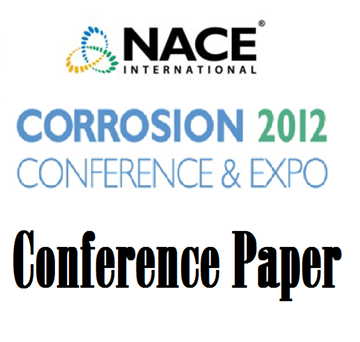Search
51312-01207-High Pressure High Temperature Testing of PH Nickel Alloy and Super Martensitic Stainless Steel in C
Also Purchased
51312-01206-Mechanism of Pitting Corrosion of Welded AISI 304 in a Freeze-Thaw Corrosive Environment
Product Number:
51312-01206-SG
ISBN:
01206 2012 CP
Publication Date:
2012
$20.00
51312-01210-Prevention of Mild Steel Corrosion by Carbon Dioxide / Oxygen Mixtures Using Corrosion Inhibitors to
Product Number:
51312-01210-SG
ISBN:
01210 2012 CP
Publication Date:
2012
$20.00
51312-01209-Use of Ionic Modeling to Gain New Insights on Crude Unit Overhead Corrosion
Product Number:
51312-01209-SG
ISBN:
01209 2012 CP
Publication Date:
2012
$20.00




